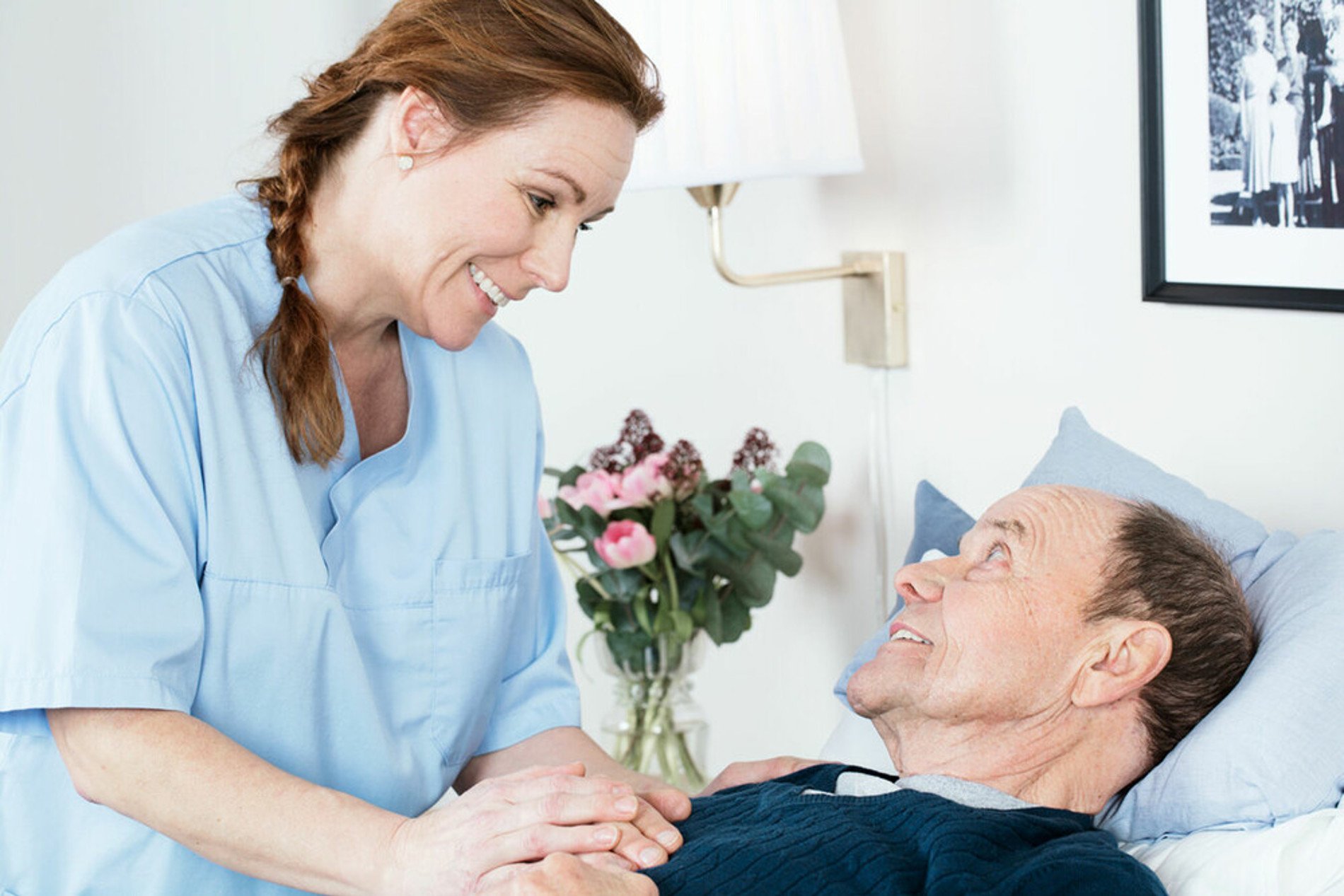November is Long-Term Care Awareness Month
For the past 20 years, November has been recognized as National Long-Term Care Awareness Month. By 2030, one in five residents in the US will be age 65 or older, and the number of those in need of long term support services in the US is already at 14 million and expected to grow to 27 million by 2050.1

Long-term support services may be provided in the home, community-based settings, or in facilities such as nursing homes. It includes a wide range of services to help people live more independently by assisting with personal and healthcare needs, and activities of daily living such as eating, bathing, medication administration, and mobility needs. Most families want to care for their loved ones in ways that preserve their dignity, honor cultural traditions, and allows them to live in their homes and remain a part of their community as much as possible.
Americans are living longer in large part due to advances in medical care and public health, but longer life may also present increased incidence of chronic illness and disabilities, such as diabetes, cancer, heart disease, and other conditions.2 It is important to maintain mobility as long as possible and encourage appropriate physical activity. Activities are now available to keep our elder population moving, such as walking groups and exercise classes specific to the senior population. For those with limited mobility and assistive needs, wheelchairs, seating options, standing and raising devices, patient lifts, as well as therapeutic support surfaces, are available to keep the individual moving as much as their condition will permit to promote healing, independence and well-being.
At Arjo, we believe that empowering movement is key to healthier outcomes. Arjo incorporates a person-centered, holistic approach through our evidence-based philosophy, Positive Eight and our patient/resident assessment model, Mobility Gallery. Together, they create optimal conditions for mobility by providing safe and dignified care for those with reduced mobility and cognitive impairment. As a leading specialist in this area, we work continuously to empower mobility with the aim of creating better results for patients, caregivers and the entire healthcare system.
References:
- American Association for Long-Term Care Insurance. https://www.aaltci.org/about/long-term-care-awareness-month-2020.php.
- Centers for Disease Control and Prevention (2008). Racial/Ethnic Disparities in Self-Related Health Status Among Adults With and Without Disabilities—United States, 2004-2006. Morbidity and Mortality Weekly Report, 57(39), 1069-1073. http://www.cdc.gov/mmwr/preview/mmwrhtml/mm5739a1.htm.